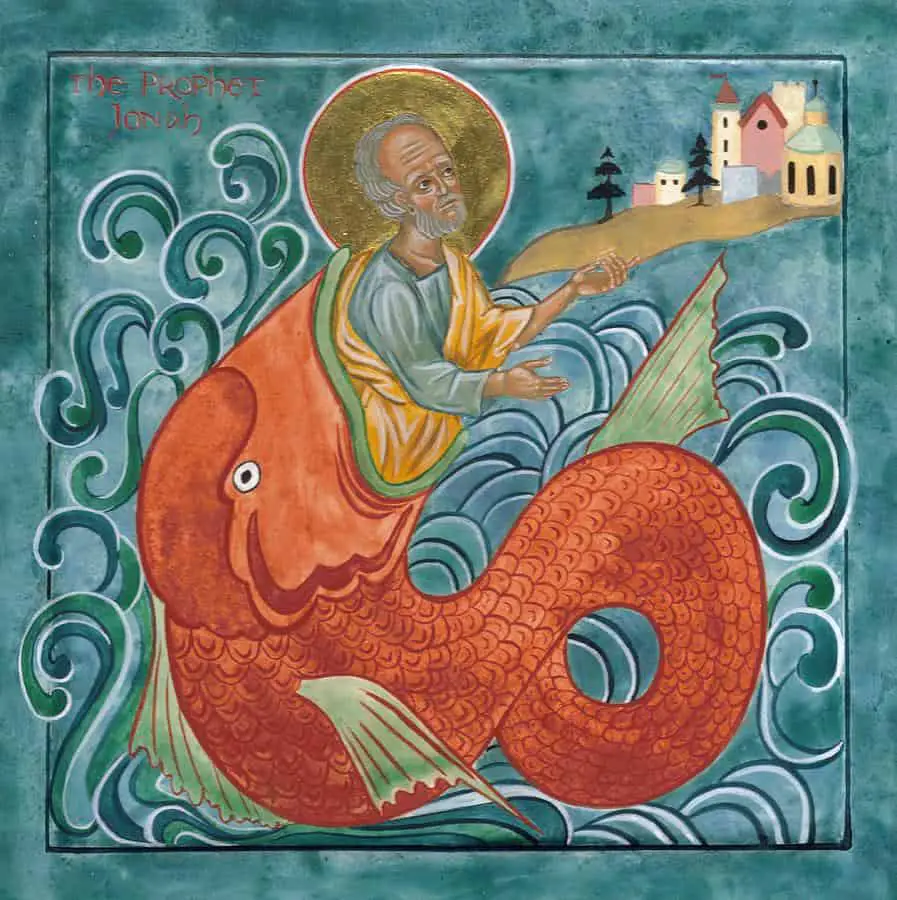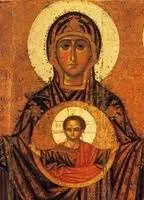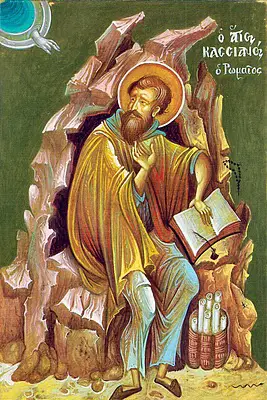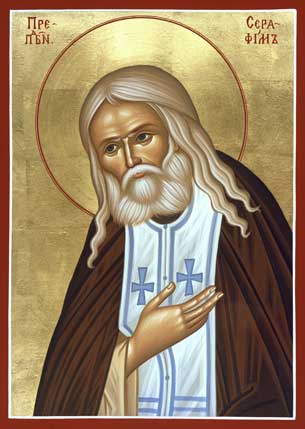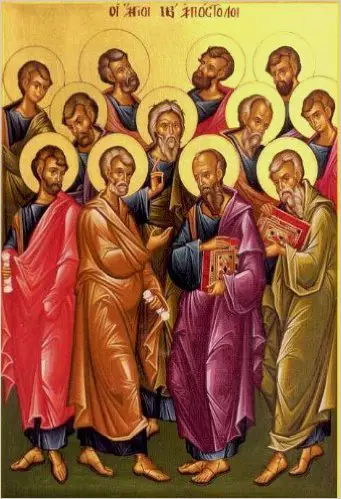Wherefore, if you desire to become equal to the apostles, there is nothing to hinder you. For to have arrived at this virtue only suffices for your not at all falling short of them. Let no one therefore wait for miracles. For though the evil spirit is grieved, when he is driven out of a body, yet much more so, when he sees a soul delivered from sin. For indeed this is his great power. [Acts 8:10] This power caused Christ to die, that He might put an end to it. Yea, for this brought in death; by reason of this all things have been turned upside down. If then thou remove this, you have cut out the nerves of the devil, you have bruised his head, you have put an end to all his might, you have scattered his host, you have exhibited a sign greater than all signs.
The saying is not mine, but the blessed Paul’s. For when he had said, Covet earnestly the best gifts, and yet show I unto you a more excellent way; [1 Corinthians 12:31] he did not speak next of a sign, but of charity, the root of all our good things. If then we practice this, and all the self-denial that flows from it, we shall have no need of signs; even as on the other hand, if we do not practice it, we shall gain nothing by the signs.
Bearing in mind then all this, let us imitate those things whereby the apostles became great. And whereby did they become great? Hear Peter, saying, Behold we have forsaken all, and followed You; what shall we have therefore? [Matthew 19:27] Hear also Christ saying to them, ‘You shall sit upon twelve thrones, and, every one that has forsaken houses, or brethren, or father, or mother, shall receive an hundredfold in this world, and shall inherit everlasting life.’ From all worldly things, therefore, let us withdraw ourselves, and dedicate ourselves to Christ, that we may both be made equal to the apostles according to His declaration, and may enjoy eternal life; unto which may we all attain, by the grace and love towards man of our Lord Jesus Christ to whom be glory and might forever and ever. Amen.
+ St. John Chrysostom, Homily 46, Homilies on the Gospel of St. Matthew
